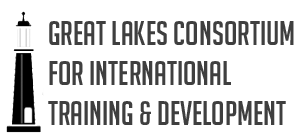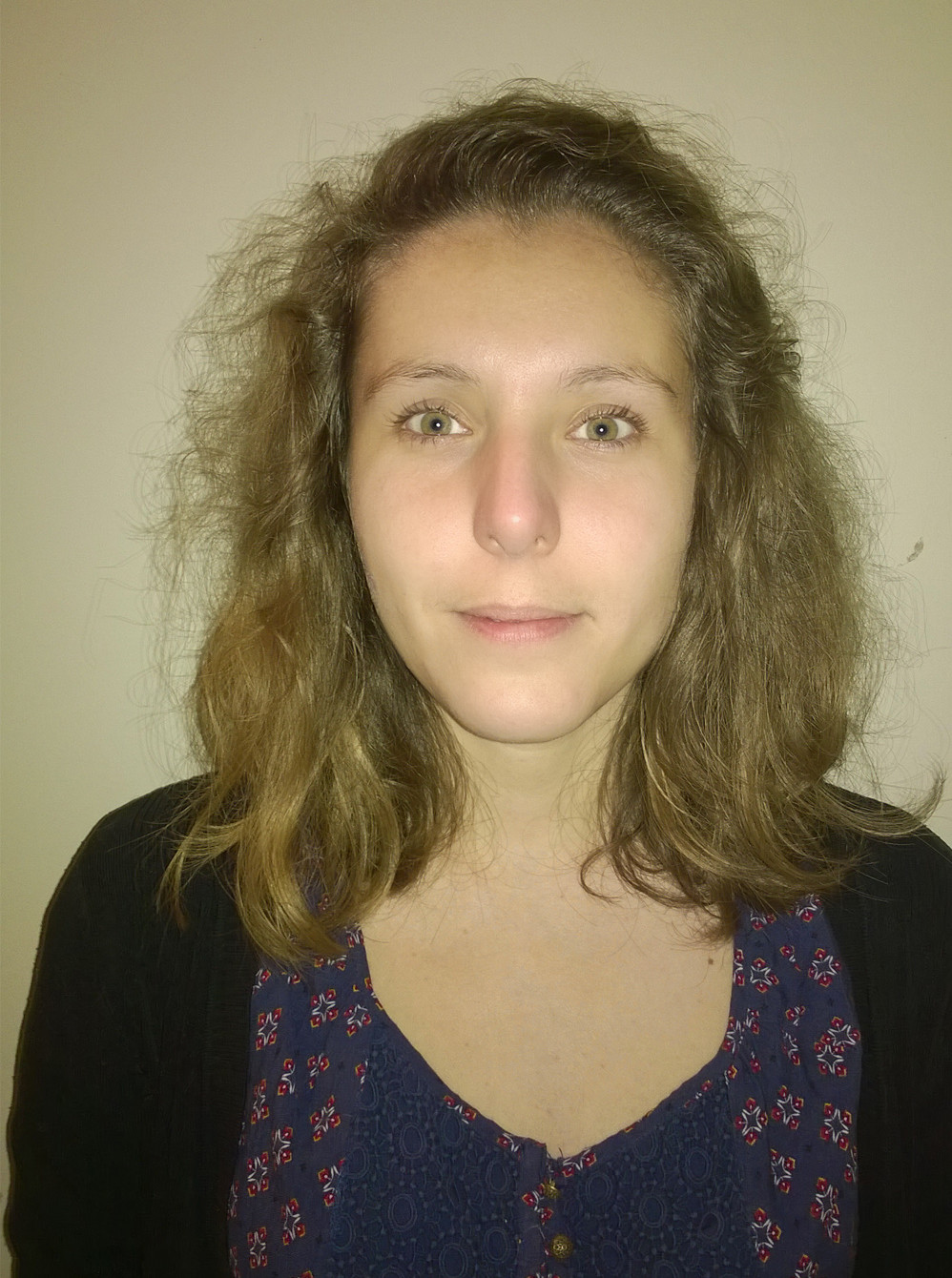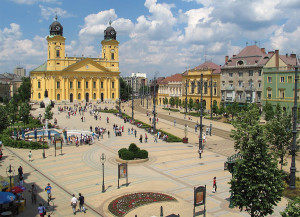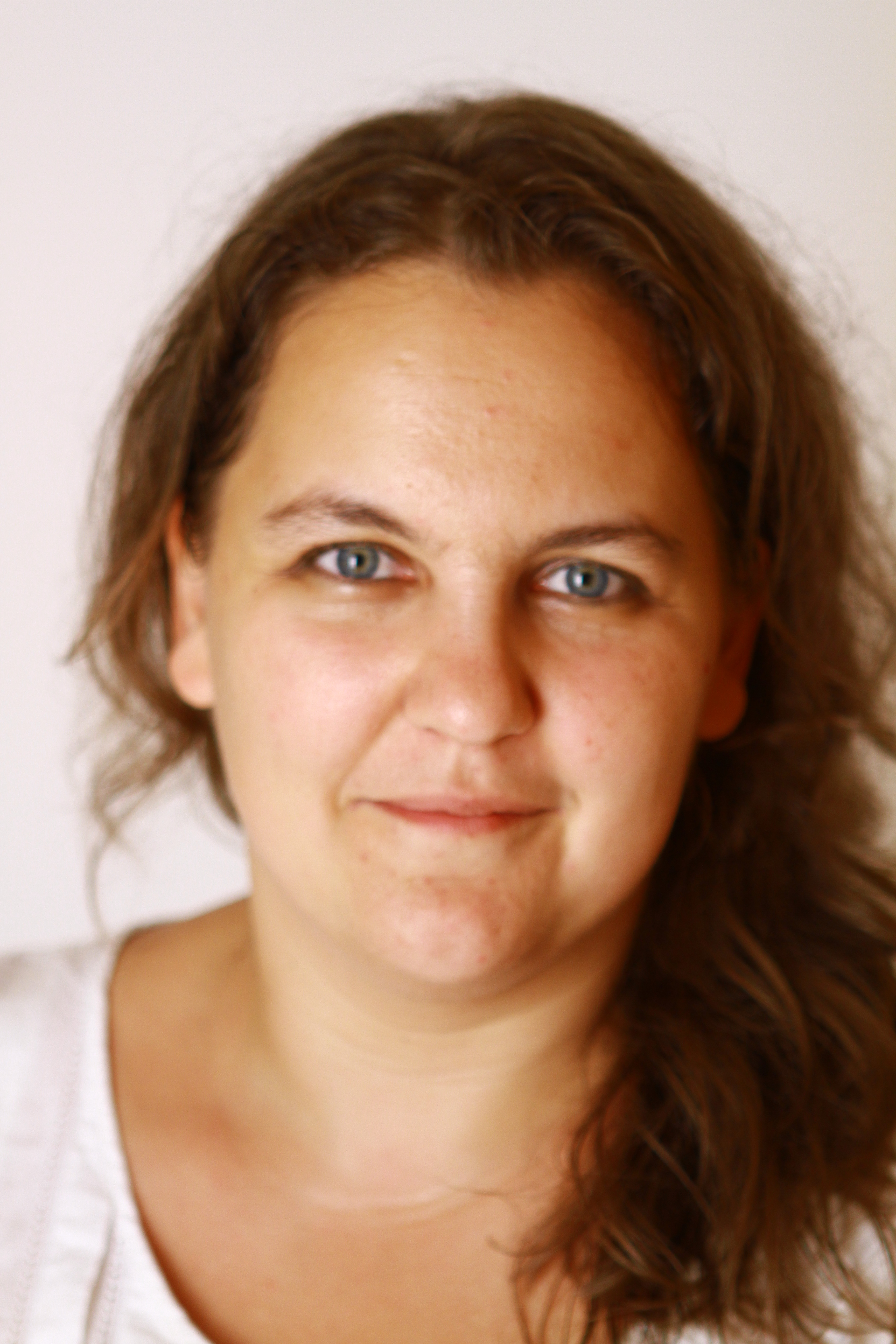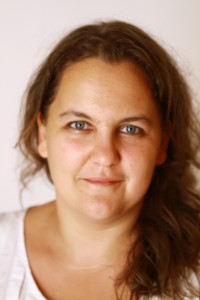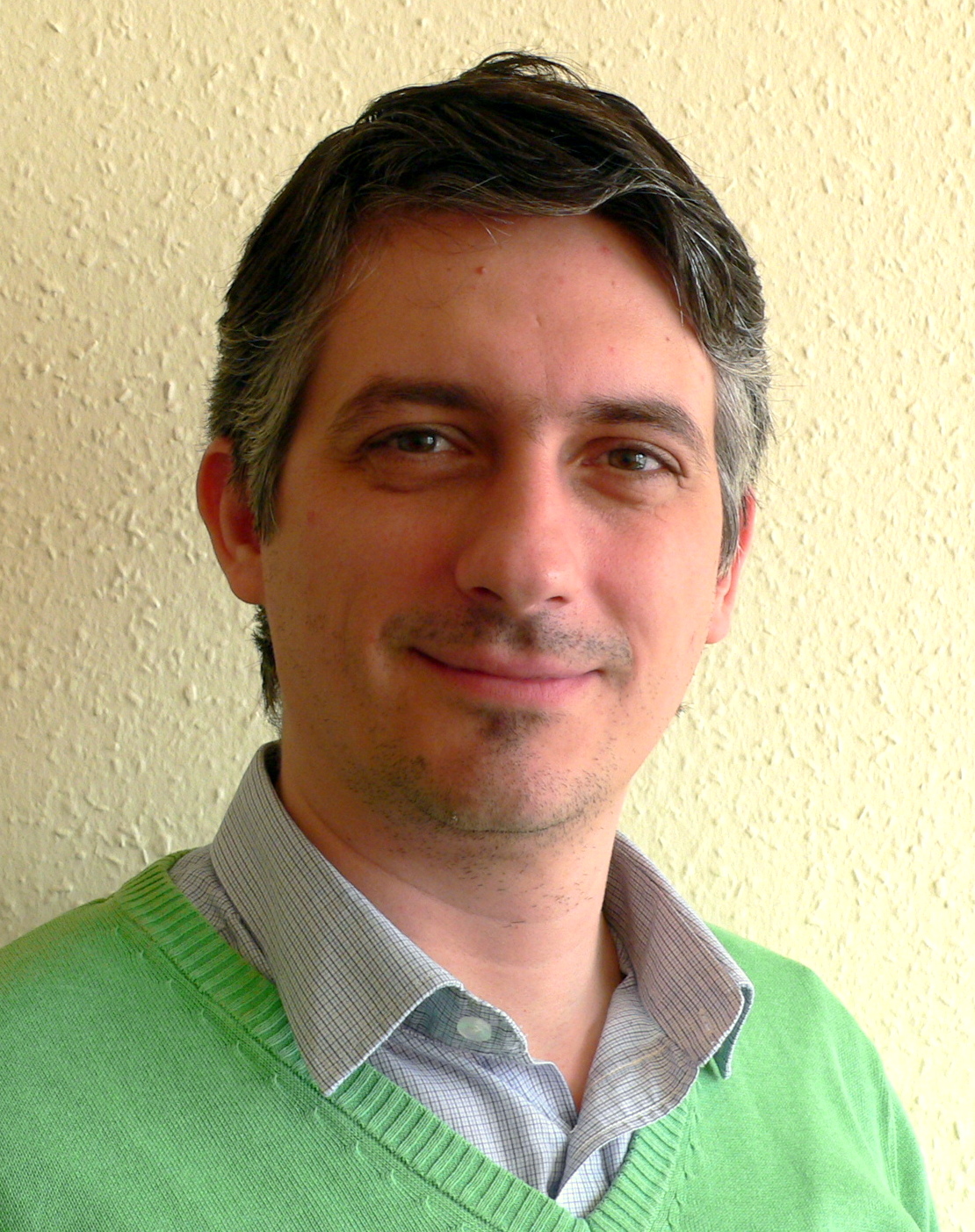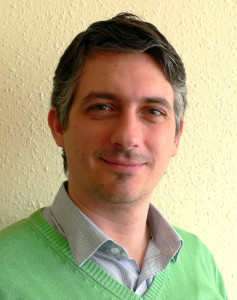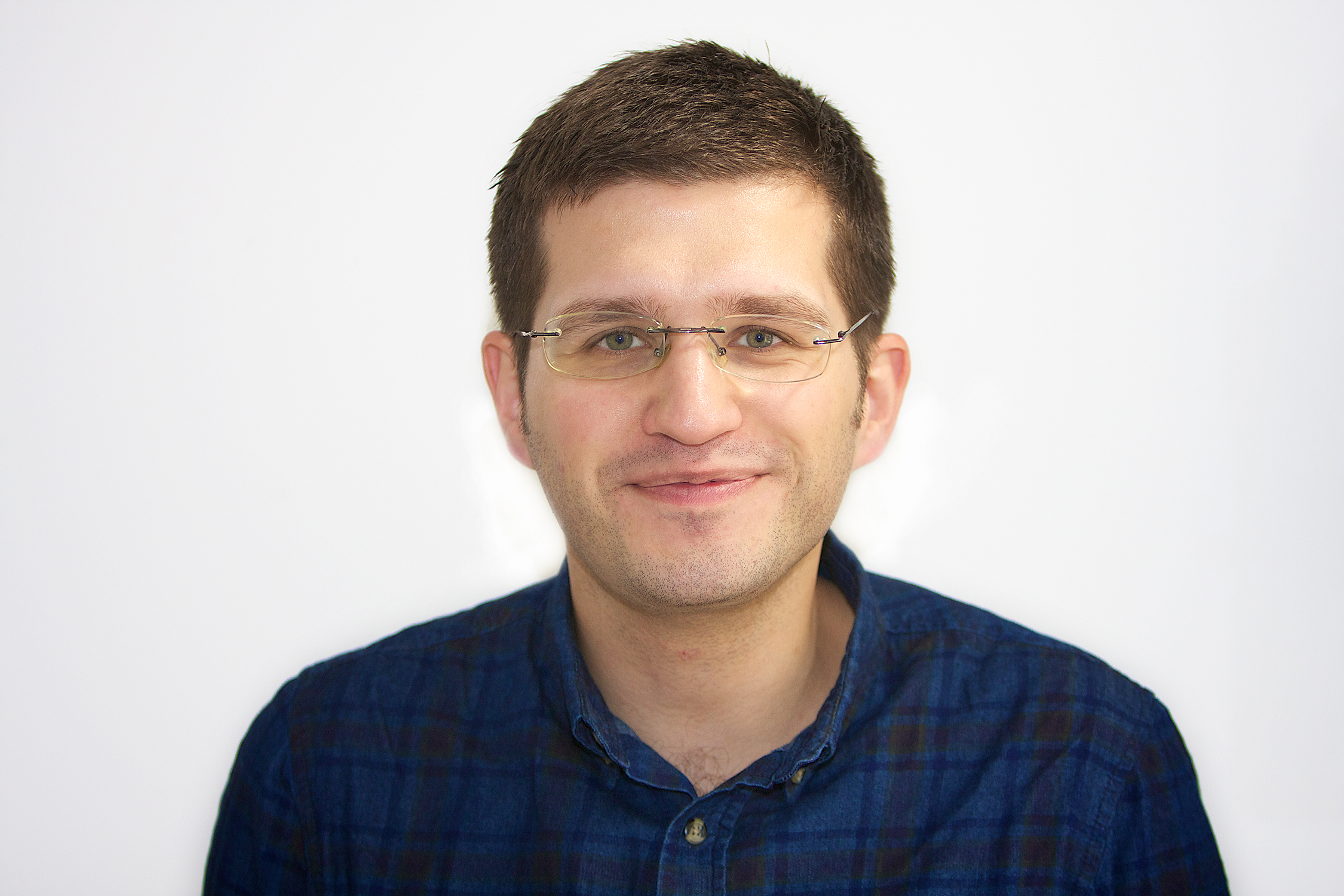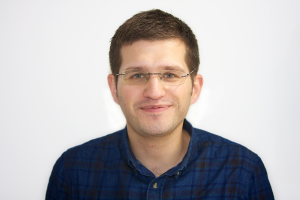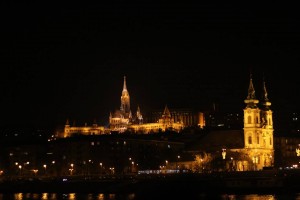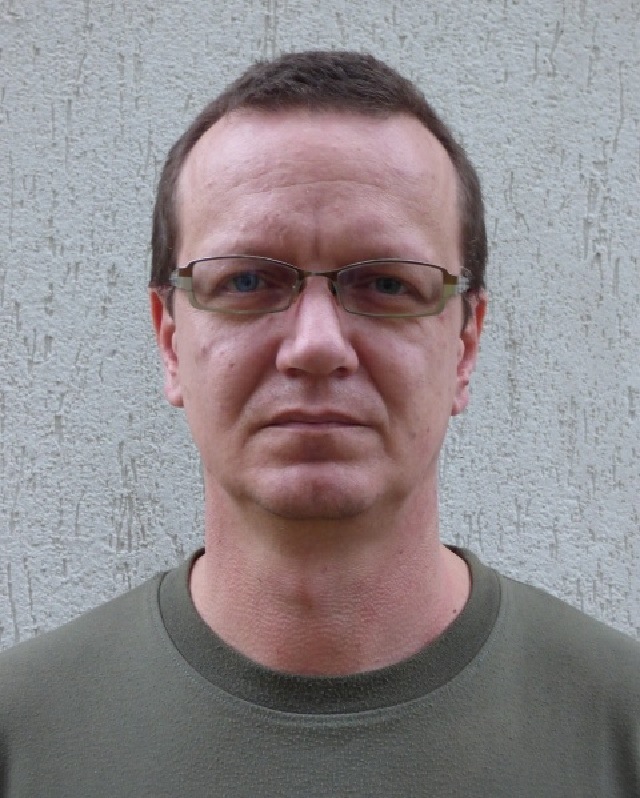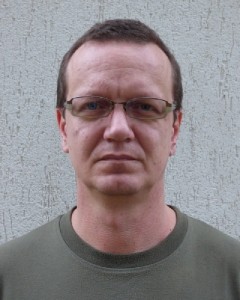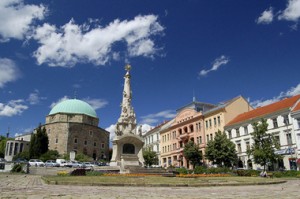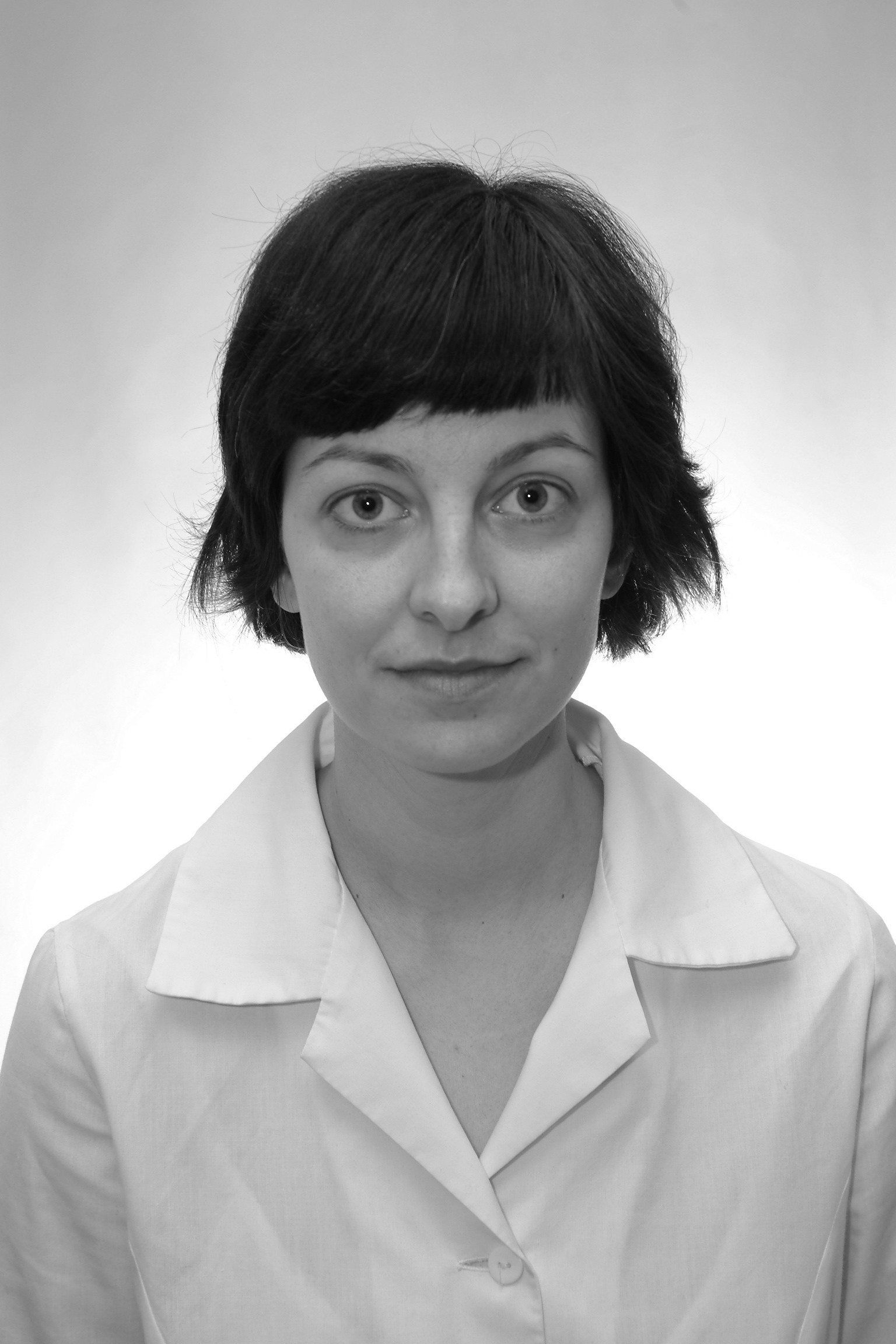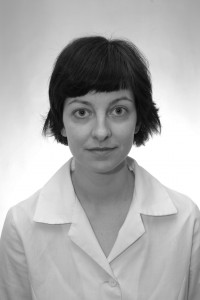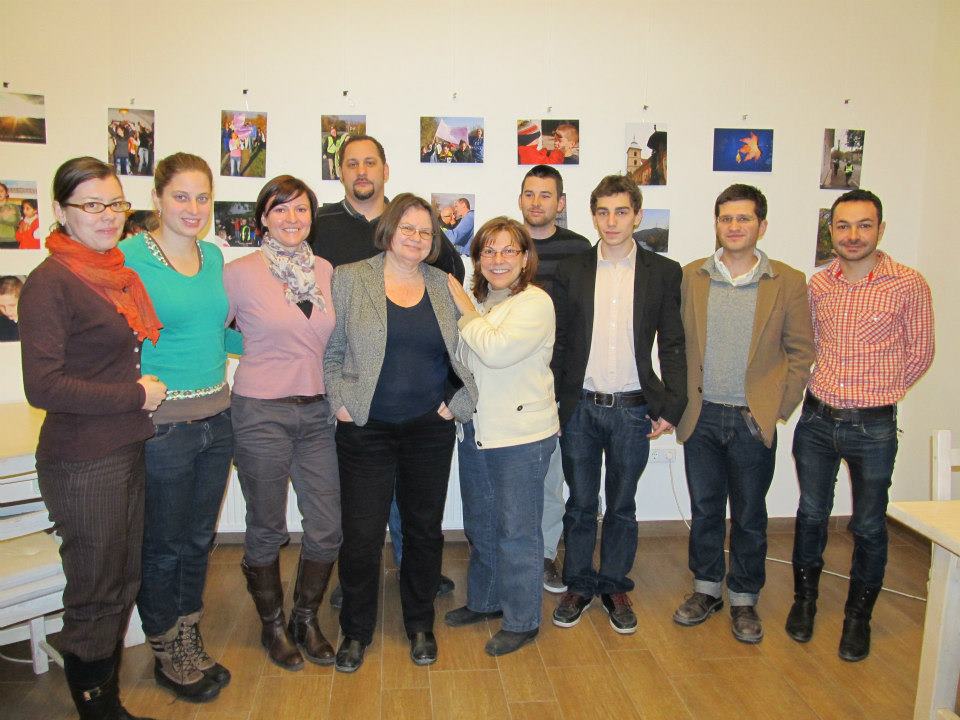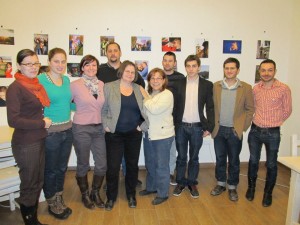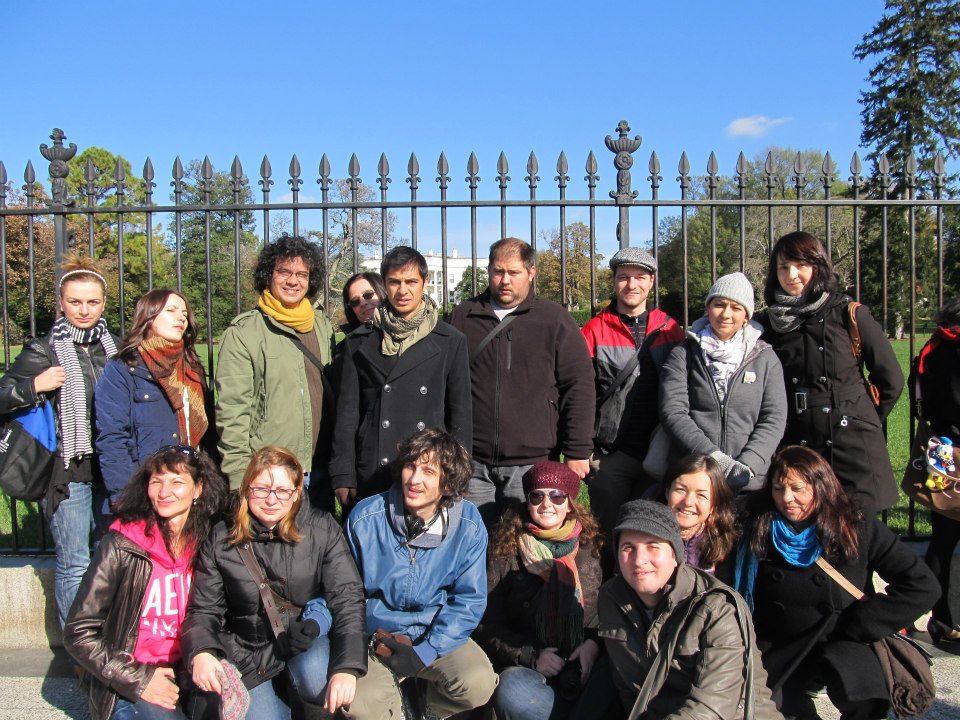Agnes Molnar – fellow from Hungary
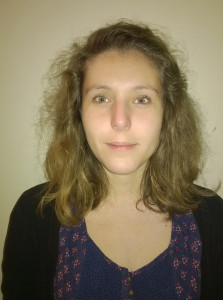 Agnes Molnar is working as a youth leader and charge d’affaires at the Opera Cultural Association for 5 years as a volunteer, and for 1 week as an employee. She is managing projects, writing applications, coordinating volunteers, and organizing events here. The Opera Cultural Association ( the name stands for the latin word: opera, that means operating) is a youth organization, the main aim is to provide democratical tools and western perspective for youngsters through advocacy, communication and art. She maintains the on-going civic initiatives in the organization and keep the cooperation between local, informal groups and the Opera.
Agnes Molnar is working as a youth leader and charge d’affaires at the Opera Cultural Association for 5 years as a volunteer, and for 1 week as an employee. She is managing projects, writing applications, coordinating volunteers, and organizing events here. The Opera Cultural Association ( the name stands for the latin word: opera, that means operating) is a youth organization, the main aim is to provide democratical tools and western perspective for youngsters through advocacy, communication and art. She maintains the on-going civic initiatives in the organization and keep the cooperation between local, informal groups and the Opera.
Previously she worked as an international coordinator at the National KID Association for 1,5 year. Her tasks included writing applications for grants, contacting with other european partners and informing member organizations about the international possibilities within the National KID Association (KID stands for Komplex, Integrated, Differenciated an it is an umbrella association).
Ms Molnar has been part of many initations in Debrecen, as a native of the city, she just started to support unemployed, alternative-thinking people to implement their projects through the Opera Association. She started to organize skateboarders for the issue: having a skatepark. She also started to work with blind and visually impared people for integration, she was part of the procceed of involving local groups to the online radio (Opera- owned Sub Radio)for starting radio shows in locally useful topics they’re specialized in.
She met community organizing 1 year ago with 3 others from the Opera through the Civil College Foundation. They participated on the trainings and after they started to develop the organization structurally. Now, she is the leader of the civic workgroup where the main aim is to create a local community. It contains people who has visions about the city of Debrecen, which is different from the majority’s. These partners are mainly part of a subcultural group and they suffer from social justice problems just because they have different thoughts about democracy than the present major ideology of the government. She thinks that the young people of the middle-class are sliding down, socially and economically. They marked and prejudiced by outfit, taste and social position not by their values or knowledge. She observed that Hungarian people are not opened for „the other”, racism, intolerance and inequality are common phenomens in the everyday life. The Opera try to ensure people that a different life is not a crime, just another way. In Hungary it is a real problem and community organizing is one of the ways to solve it.
She has been on different youth seminars in France and in Austria. She has participated in several developer trainings, like communication, conflict, sustainability etc. At the National KID Association and Opera Cultural Association she also gained experience in organizing trainings and assissted in the creation of the materials. She present her organization on every national or local youth event as a participant or an organizer too. She has contacts for local organizations, decisionmakers, media people,university people, multi firms,informal groups and art groups in the city of Debrecen.
She graduated as an aesthetician , MA degree, Faculty of Humanities in Debrecen. She researched the local subcultural groups, places and cultural developement of Debrecen from the 60’s. Her thesis will be the base of an exhibition in the Rock Museum of Debrecen. She also plans to explore the present status of these groups theoretically.
Ms Molnar speaks English fluently, and French advanced. She has been 5 times in the USA, first time as a folk dancer with a group, but the last 4 times were about visiting her mother, who is now living in the USA as a citizen. Ms Molnar got several times the offer to move out, but she was more intented to work with community in Hungary. After the community organizing trainings and meetings with the american professionals she has the belief that this method is the most suitable for the activities of the Opera, projects and mentality. She would like to use the method at the Opera Cultural Association.
In her free time she loves travelling, making valuable friendships and thinking about projects. If she has no tasks to do she mostly writes articles about local events, things to the website of the Opera (www.sub.hu) She has no free time, but if it happens she is mainly with her 7 -year -old little sister. Agnes will have her internship at Go Bronzville (Chicago)
